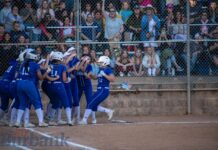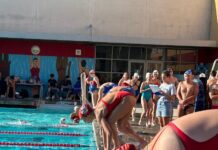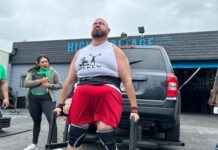By Rick Assad
Eight months into 2020, it’s safe to say that it has been an ugly and harrowing year.
It began ominously, when, just before Oregon outlasted Wisconsin 28-27 in the Rose Bowl Game on New Year’s Day, it was announced that David Stern, the longtime NBA Commissioner, whose 30-year reign helped popularize basketball around the world, had died at 77.
Twenty-five days later, on an overcast Sunday morning, Kobe Bryant, age 41, his 13-year-old daughter, Gianna, and seven others perished on their way to a youth basketball game in a helicopter crash in Calabasas.
The news didn’t get any better when in January, a mysterious virus was infecting and killing thousands of people.
The World Health Organization named this virus, COVID-19 on February 11.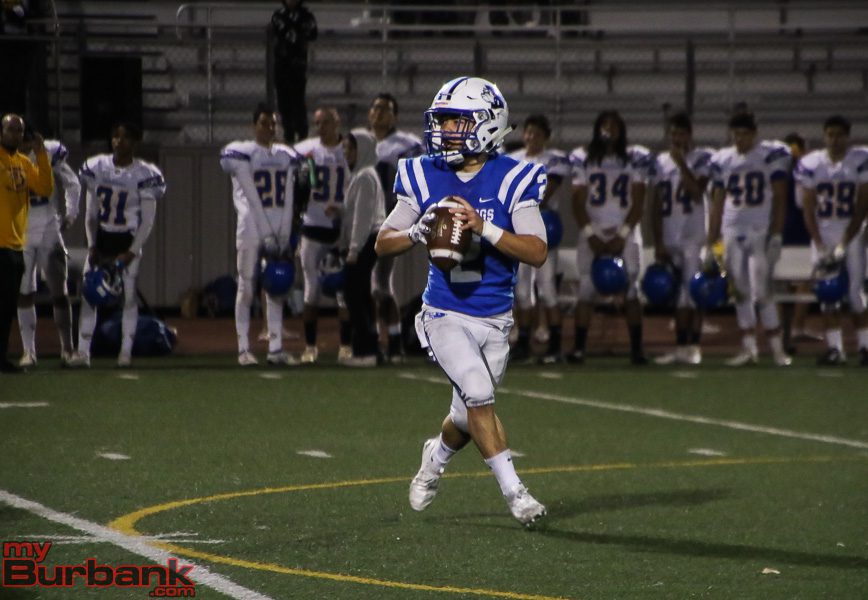
Nothing like it had been seen since the Spanish Flu infected 500 million people worldwide from February 1918 until April 1920 and killed between 17 to 50 million people.
It was one of the most deadly pandemics the world had ever witnessed.
On March 12, COVID-19 became real in the United States when the NCAA decided to cancel the highly-popular and highly-profitable men’s basketball tournament.
The NBA, NHL and MLS followed suit and suspended their seasons. MLB was holding exhibition games, but sent its players home, weeks before the baseball season was set to begin on March 26.
COVID-19 didn’t spare anything in its way and that includes high school sports. The following week, I was scheduled to cover a Burbank High girls’ volleyball match.
Patrick McMenamin, the Burbank co-athletic director and math teacher, said it would be played, but with no fans in the stands and no media.
High school classes in Burbank and elsewhere became virtual and all sports were put on hold.
I’ve covered high school athletics for three decades, including eight years at this website.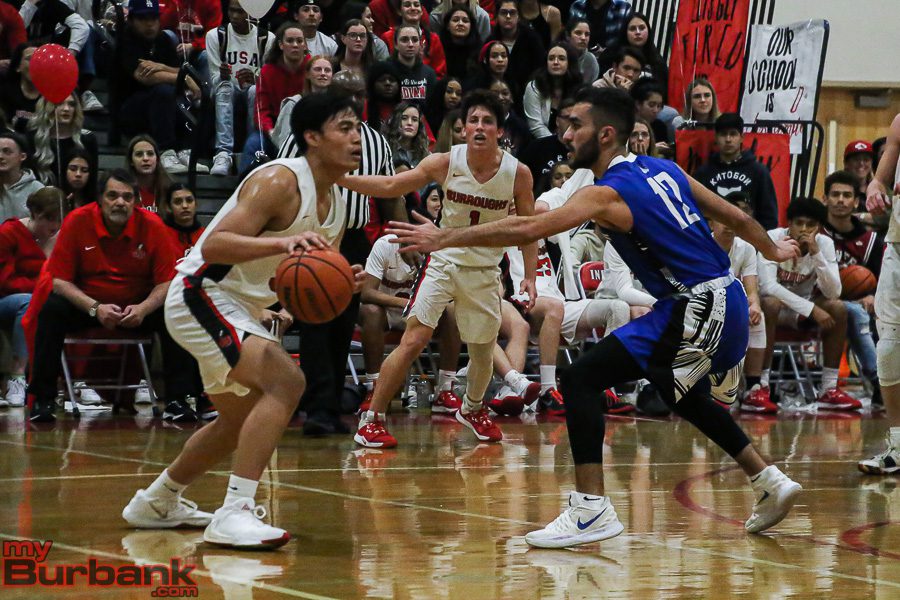
You get to know athletes, coaches and administrators. I started thinking how awful it must be for a senior to not be able to finish out their athletic career on the field or court.
Being a prep athlete isn’t easy, as it takes skill to juggle sports, academics and a social life.
Doug Nicol, the longtime softball coach at Burroughs, chimed in with his thoughts on what it was like to have the season end.
“It’s been extremely hard. The bonds that you build and share with your players. It is hard to just put that aside,” he said. “It was an abrupt stop. Stopped us in midseason so that made it even harder. We were just starting to come together and build our culture back up. To have it stop so suddenly was really hard.”
Nicol also knew it would be difficult news for the seniors. “I feel for our four seniors because all four were performing at such a high level and giving me 100 percent,” said Nicol, who is in his second tour of duty as coach. “They were so bought in and invested and it was hard to not let them finish. Third baseman Memorie [Munoz], pitcher Sidnie [Dabbadie], center fielder Isabella [Kam] and right fielder Sabrina [Englebrecht] laid the groundwork last year for our foundation and any success we have next year, they will be a part of.”
The football season, which usually begins in late August or early September, will begin in January.
Adam Colman, the Burbank football coach, said he expects his team to be ready, but realizes there will be roadblocks.
“It’s obviously been a challenge and very different, but we’ve tried to approach it with optimism and as an opportunity,” he said. “One of our core values is resiliency and what better way to work on that then in this setting. We’re focused on working on the mental side of the game and linking it to handling any adversity life throws at you.”
Colman feels confident that his players will be prepared when the games commence.
“Our team has responded tremendously. They’ve taken initiative and many are working out on their own, staying active and engaged, watching film and asking questions, reviewing the playbook and all that,” he said. “So as much as I miss being out there with our team, and I think everyone misses it, we’re really focused on controlling what we can control. Complaining and being upset about it doesn’t do anything, so we might as well use it as an opportunity to grow and get better.”
Allan Ellis, the Burroughs boys’ basketball coach, is looking and hoping for the best despite what lies ahead.
“COVID-19, the pandemic, quarantine, school closures, business closures, it’s taken a toll on me personally, and our team, players as a whole, as it has with a lot of people,” he said. “But myself and my coaches always try to teach our players that, we don’t make excuses and we don’t dwell on problems. We look for solutions. And we also must remind ourselves that there are people dying, suffering and livelihoods being affected at the same time, to keep everything in perspective.”
Ellis is fairly certain his team will bounce back from this adversity.
“I believe we’ve done a good job of keeping our kids connected with our coaches in general, keeping them informed and also trying as best as can be done to conduct workouts with many of our kids, whether that’s with Zoom workouts, emails, with specific personal information,” he said. “So I’m pleased with the overall efforts of my staff and the resiliency of our kids during this time. Nothing takes the place of actual gym time as a team, but we’ve learned to adapt, like most programs are doing across the country.”
Burbank baseball coach Bob Hart saw the Bulldogs’ season end prematurely. “Like everyone, we have been greatly affected. Team sports is about camaraderie and it’s hard to develop when you can’t be around each other,” he said. “Our approach is going to be that patience and resolve and as we tell the players, that will ultimately serve them well in life.”
Hart has faith in his players. “We will be doing individual training in the fall and adjust as we are able to. Predicated on decisions made by the powers that be,” he said.
Sports are going to be different, but at least the coaches and athletes will hopefully have a chance to finish the season on the field or court.












